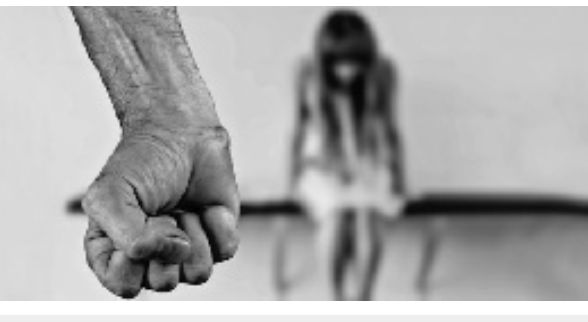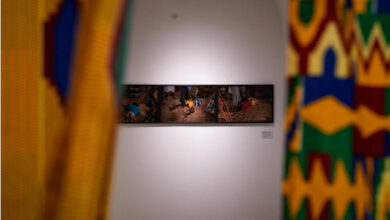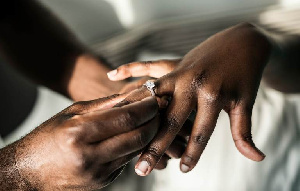How inserting substances into private part will affect you

Young women have been advised against inserting substances to tighten their vagina to satisfy men in bed as such practices expose the women to sexually-transmitted diseases like cervical cancer.
“The vagina is naturally made to be moist and we must keep the moisture,” Ms Victoria Obenewah, a Principal Nursing Officer at the Ghana Health Service, said.
She gave the advice during a stakeholders’ national consultative forum on reproductive health education for young people at Abesim, near Sunyani.
The National Youth Authority, in collaboration with the Planned Parenthood Association of Ghana (PPAG) organised the forum with funding from the West African Health Organisation.
It was attended by representatives from the Domestic Violence and Victims Support Unit, Ghana Health Service, Ghana Education Service, Department of Gender, traditional authorities and religious bodies to identify and tackle challenges confronting adolescents.
Ms Obenewah explained that though sexual intercourse was a consummation of marriage, unhealthy sexual practices and lifestyles including anal and oral sex exposed women to several chronic infections.
Mrs Abena Adubea Amoah, the Executive Director of the PPAG, in a speech read on her behalf, said the world’s population was at an all-time high having 1.8 billion people aged between 15 and 29 years.
“Yet the potential to reap the demographic dividend and secure a happy, healthy and prosperous future for all could be dashed by challenges like unequal access to health and education, including reproductive health.”
She expressed regret that young people were faced with more difficult conditions of life, which had worsened with the advent of the COVID-19 pandemic.
“The youth are faced with limited access to services that enhance the quality of reproduction, less empowered with self-esteem and confidence to demand their rights, challenged with many socio-cultural practices that reinforce patriarchal structures and practices that are inimical to the realisation of their full potential,” Mrs Amoah said.
Mr Emmanuel Akoto, the Director of Programmes and Service Delivery, PPAG, said the youth needed a nationally acceptable programme that enabled and empowered them to access age appropriate, culturally sensitive, and scientific accurate reproductive health information and services to enhance their well-being.






